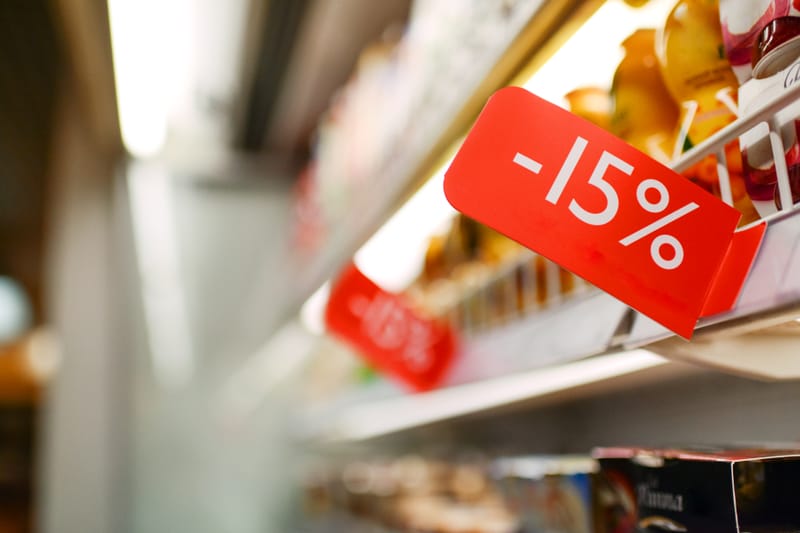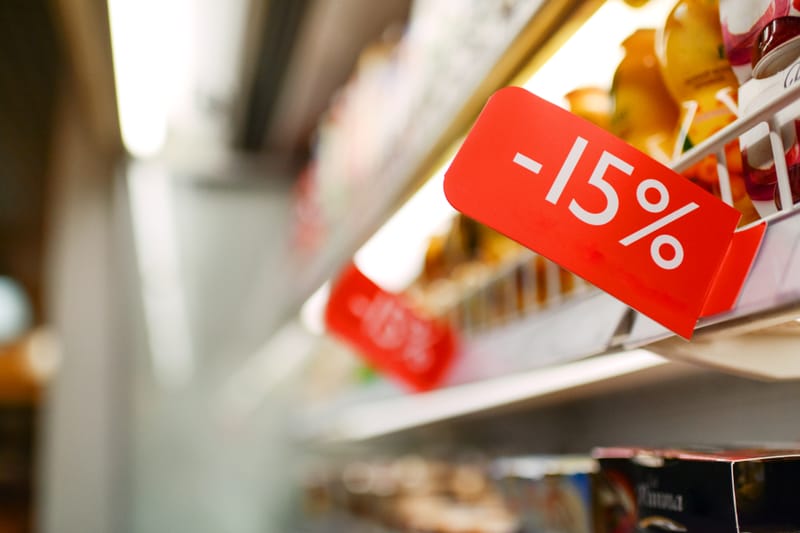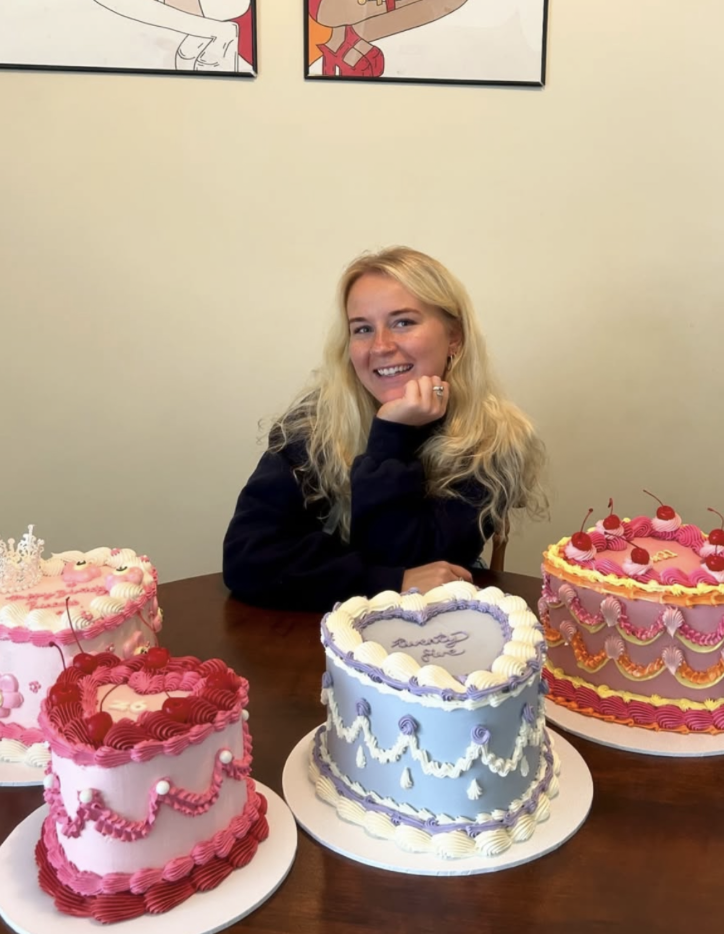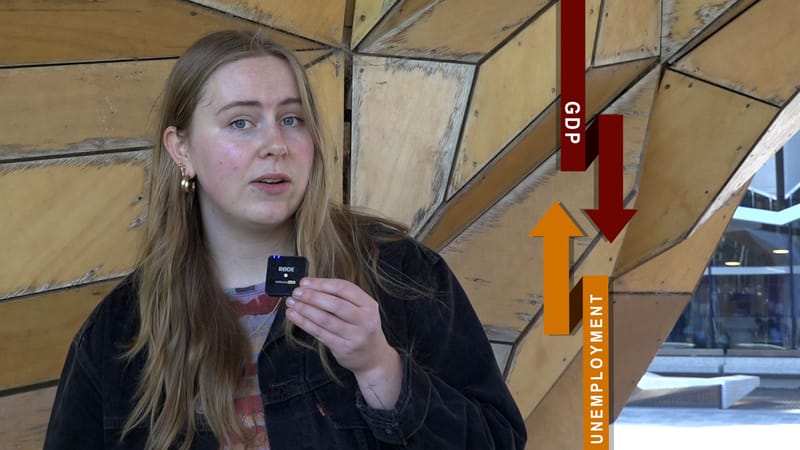The Day the Music Died: pandemic silences live music scene
The lives of musicians radically changed when COVID-19 arrived on our doorstep.
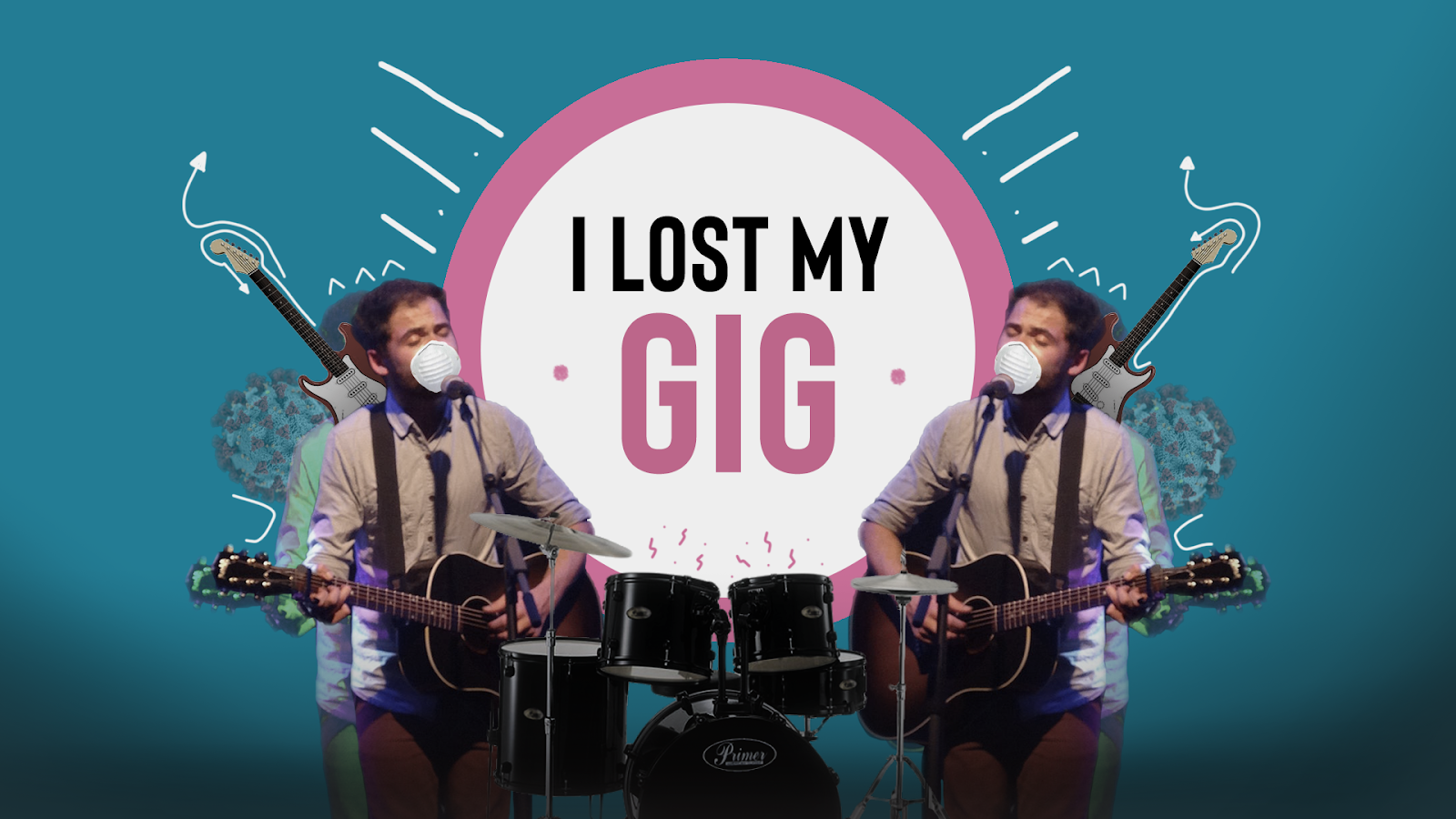
BY WILLIAM HUYNH, SIMONE KEALY AND SELIN KAYA
The extent of COVID-19 has arguably been felt most by Melbourne’s live music industry.
The industry attracts more attendees than the AFL, Spring Racing Carnival, A-League, Basketball, Netball, Rugby, Cricket, and the Australian Grand Prix combined.
The Melbourne Live Music Census 2017, conducted by Dobe Newton and Rosa Coyle-Hayward, found 17.5 million people attended live music in Melbourne in 2017 alone.
The study also found Greater Melbourne’s small and large venues presented more than 73,500 advertised gigs in 2017.
During the COVID-19 pandemic, I Lost My Gig Australia has provided a live tally of money lost from event cancellations and postponements within creative industries in Australia and New Zealand.
The latest tally, updated April 7, was $330 million dollars.
Mojo News obtained exclusive interviews with representatives from Australia’s live music industry, revealing the extent to which the spread of the disease has contributed to the destruction of their livelihoods.
Peter Burgess, Hydra Rehearsal Studios owner
Hydra Rehearsal Studios in Burwood has shut its doors temporarily following the Victorian Government lockdown of non-essential services.
Established in 2008, Hydra Rehearsal Studios has since hired out its practice rooms and equipment to budding musicians across Melbourne.
Studio owner, Peter Burgess, said the business is set to lose about 50 to 60 bookings per week due to the closure.
“Even in the week prior to the shutdown, 26 cancellations came through due to infection fears and social distancing,” Mr Burgess said.
Like many in the arts and music industry, Mr Burgess has had to take up other work to financially support himself.
“I have taken a casual job in the manufacturing sector to generate some marginal income in the meantime,” Mr Burgess said.
“I have [also] carefully explored my contingencies and activated financial shielding and mitigation as all affected businesses have.”
Mr Burgess is adamant that the studio will withstand the economic loss.
“Hydra will survive. I am in discussions with my landlord, whom I have rented from for 13 years, and also have financial options to survive,” he said.
“I would only need all my customers to return once the pandemic is abated.”
The owner praised government responses to the crisis and said leaders were adequately helping those in similar plights.
“I believe the governments are doing the right things; doubling dole payments and streamlining the application process, providing financial assistance to small businesses and sole traders,” Mr Burgess said.
“[It] looks like [the government] is going to formalise rent and mortgage deferrals or waivers for affected businesses, so that will be a big help.”
Mr Burgess, a musician himself, was optimistic about Melbourne recouping its vibrant arts and culture scene.
“I believe rehearsal studio businesses and the live music industry will resume with increased fervour,” he said.
“These are very passionate people.”
Brentwood, brother and sister musical duo from New Zealand
Performance cancellations have also had a devastating impact on musicians, including a musical duo dubbed "Brentwood".
For Melbourne-based sibling performers, Finley and Isla Brentwood, the cancellations have rendered them unemployed.
Mr Brentwood said the uncertainty of future work is the “real killer” in their situation.
“You just have no idea what’s on the horizon, it might be a couple weeks, a couple months, it might be the rest of the year, who knows?”
Ms Brentwood said the loss of their New Zealand bookings has been "a nightmare” to manage.
“They were like 'well technically you’ve cancelled', and we were like 'well we didn’t cancel; we just couldn’t be there',” she said.
“We’re pretty much down to nothing.”
The Brentwood duo said they do not believe the government has done enough to support those affected by COVID-19-related cancellations in the music industry.
“[The government will] probably bail out businesses before they bail out musicians.
“But we’re still just everyday people who are now - because of this giant predicament that the world’s in - going to struggle,” Mr Brentwood said.
“I doubt there’s no-one out there that hasn’t been affected by this in this industry.”
Ms Brentwood said fans can support musicians by streaming their music, watching their YouTube videos, purchasing merchandise and physical albums, as well as giving words of support.
“When we’re back up and running and everybody’s out touring again, buy tickets, come and support all the venues that are going to be having live music and all of the big concert halls and the theatres which are struggling so much right now,” she said.
“I know that once this is all over that we’ll be back, stronger than ever.”
Fans can support Brentwood on their Instagram: @brentwoodduo, Facebook: @brentwoodduo, Twitter: @BrentwoodDuo, Spotify and their website.
James MacDonald, guitarist from Melbourne band The Jives
Southeast Melbourne band The Jives join a host of local artists to have had their shows cancelled during the COVID-19 shutdown of bars and music venues.
Lead guitarist James MacDonald said their performances for this year will be essentially non-existent.
“We’ve pretty much all accepted that a lot of this year will be a write-off,” he said.
“There probably won’t be a whole lot of opportunities.”
For many up-and-coming acts like The Jives, performing live shows is integral to their promotional success.
“We had new music planned and we wanted to do launches but that’s all up in the air,” Mr MacDonald said.
“We would love our career to be living off the band.
“That’s always what we’d love to do... but right now, it doesn’t seem possible.”
Mr MacDonald and his band members are currently at university and work in other occupations to support themselves.
However, Mr MacDonald emphasised that this was not the case for many of their colleagues.
“Some of our friends in the industry work gig to gig and live off that,” he said.
“Now with everything that’s going on, they’ve gone from a lot of work to completely nothing.”
Mr MacDonald said the performance cancellations are “especially bad” for sound people and those who work at venues.
“A lot of those guys are just scraping by, so we’re lucky in that regard.”
The uncertainty of the situation has caused artists to worry about the future of the live music industry in Melbourne.
Mr MacDonald said the future re-opening of the industry will be to a “really different landscape”, saying there will be public uncertainty as to which venues are open or not.
“We don’t know who will go back into the music industry because it’s such a volatile environment,” he said.
The band echoes the calls of many people in the arts and culture sector seeking government assistance during the difficult period.
“In Australia, there’s unfortunately not enough money in music for it to be a lucrative industry, so hopefully we can get some help,” Mr MacDonald said.
However, the band members remain optimistic about their prospects of creating and promoting their music on online platforms, such as live-streaming gigs.
“I’m sure, on the other side of this, we’ll be playing shows again,” Mr MacDonald said.
“We’ve just got to bunker down for a few months, or for however long.”
Reza Nasseri, Freelance Audio Engineer
Freelance Audio Engineer, Reza Nasseri, spoke to MOJO News about how COVID-19 has also affected sound engineers within the music industry.
“As a sound engineer, [COVID-19] has completely shut down my business,” Mr Nasseri said.
“I’ve had to cancel many high profile shows coming from overseas as well.”
Luckily for Mr Nasseri, he has other sources of income to fall back on, such as music composition and recording services for artists and voice-over clients.
Mr Nasseri also works full-time as a private guitar and piano music tutor.
“At this stage I have ceased lessons in person and am conducting lessons via Skype,” he said.
Mr Nasseri said he was grateful to have the support of his family during the pandemic.
“I have a wonderful extended family and friends and we're all pooling our resources to help each other out,” he said.
When asked about the future of Melbourne’s live music scene, Mr Nasseri said he imagines COVID-19 will force music artists to follow other avenues of income, such as home recording and releasing music independently.
“Working in this industry has always been tough, so It's going to force us all to either get creative or work in a different industry,” he said.
Mr Nasseri said that tuning into live streams and purchasing music online are some of the many ways people can support people in the music industry during this time.
Jack Stav, venue booker at The Workers Club
The Workers Club in Fitzroy is one of the many pubs and live music venues that has had to close its doors following government regulations on gatherings.
The pub’s venue booker Jack Stav detailed the adverse effects COVID-19 has had on his job, which relies solely upon live music venues being open for business.
“On an individual level my work has been completely affected by COVID-19,” Mr Stav said.
“I have been booking venues for over eight years now and generally work most days of the week.
“To be honest, I’m not sure what I’m meant to be doing with my day – I’m feeling very aimless.”
Mr Stav said since providing bookings at The Workers Club was his full-time job, he is now without work.
“No shows means no money,” he said.
Along with many other jobless Australians, Mr Stav said he has applied for Centrelink's JobKeeper payments in the hope that he will be able to maintain his finances.
“I’ve just applied to Centrelink for the first time in my adult life,” Mr Stav said.
“I feel lucky that I was able to do so and at least start to get something back in my pocket.”
However, Mr Stav expressed concern over live music venues potentially having to close their doors permanently.
“The fact that we have so many venues in Melbourne is what makes [Victoria] so special,” he said.
“The government needs to do more to ensure that venues are protected long term.”
Mr Stav said one of the best ways to help bring “normalcy” to the music industry is to lobby the government to provide more assistance for those facing unemployment.
“Beyond that just be ready to support your venue when they open up again - go to shows, buy food at the venue’s where you can, drink some beers and help get things back to normal as soon as possible,” Mr Stav said.


